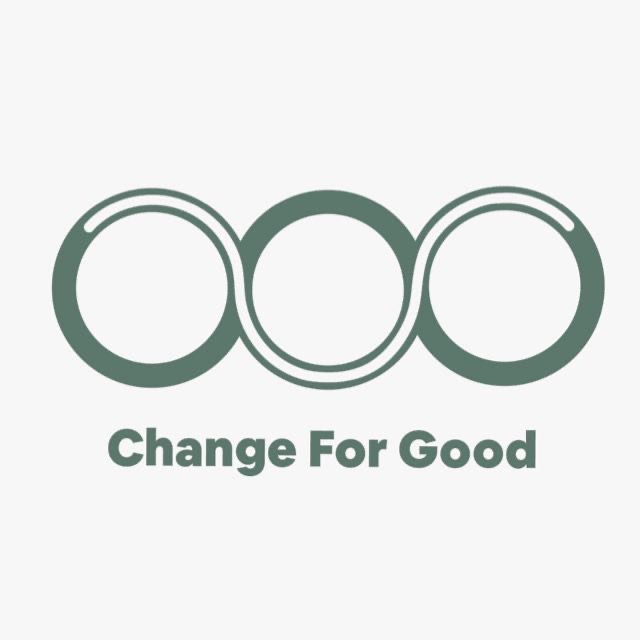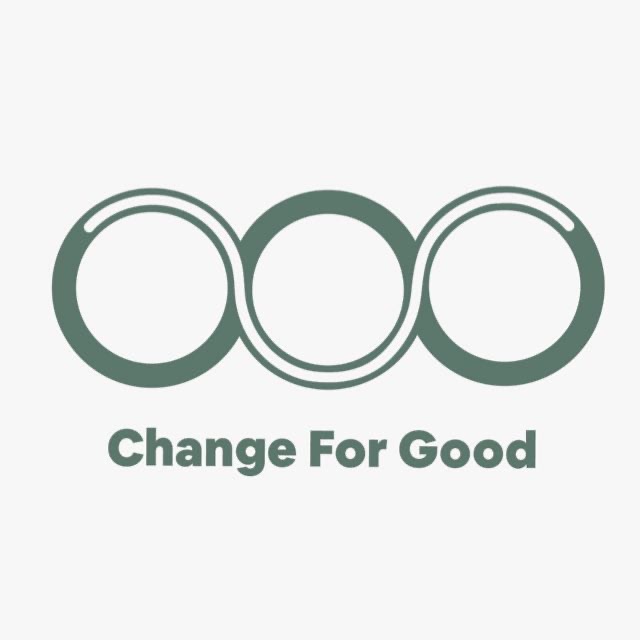

Change for Good - Desenvolvimento de Programas e Projetos de Mobilização Ltda

São Paulo, Brazil
September 2018
Management consultant - for-profits
Service with Minor Environmental Footprint
Brazil,
Portugal
O Change for Good, criado em 1996, com o nome de Atuação, focou seu trabalho nos primeiros 20 anos em fortalecer iniciativas sociais e ambientais em captação de recursos através de consultorias, cursos e palestras. No final de 2016 passou a focar suas atividades em mobilização e comunicação para a transformação social. Desde maio de 2019 o Change é uma plataforma de curadoria para o consumo consciente, alinhada aos Objetivos de Desenvolvimento Sustentável da ONU. O Change não é um site de vendas, mas acredita que o ato de consumir é também uma forma de poder. Fundamentados nessa crença, disponibiliza uma curadoria de marcas e produtos e produz conteúdos focados em sustentabilidade e equilíbrio social para fortalecer nossa capacidade de transformação do mundo. O desafio do Change é abrir c __________________________ Atuação by RB, created in 1996, focused its work in the first 20 years on social and environmental incentives in fundraising through consultancies, courses and lectures. At the end of 2016, it started to focus its activities on mobilization and communication for social transformation. And since May 2019 it has been concentrating its effort exclusively on Change for Good, a curatorial project for conscious consumption in line with the UN Sustainable Development Goals
Overall B Impact Score
Governance 18.6
Governance evaluates a company's overall mission, engagement around its social/environmental impact, ethics, and transparency. This section also evaluates the ability of a company to protect their mission and formally consider stakeholders in decision making through their corporate structure (e.g. benefit corporation) or corporate governing documents.
What is this? A company with an Impact Business Model is intentionally designed to create a specific positive outcome for one of its stakeholders - such as workers, community, environment, or customers.
Community 89.8
Community evaluates a company’s engagement with and impact on the communities in which it operates, hires from, and sources from. Topics include diversity, equity & inclusion, economic impact, civic engagement, charitable giving, and supply chain management. In addition, this section recognizes business models that are designed to address specific community-oriented problems, such as poverty alleviation through fair trade sourcing or distribution via microenterprises, producer cooperative models, locally focused economic development, and formal charitable giving commitments.
What is this? A company with an Impact Business Model is intentionally designed to create a specific positive outcome for one of its stakeholders - such as workers, community, environment, or customers.
Environment 9.6
Environment evaluates a company’s overall environmental management practices as well as its impact on the air, climate, water, land, and biodiversity. This includes the direct impact of a company’s operations and, when applicable its supply chain and distribution channels. This section also recognizes companies with environmentally innovative production processes and those that sell products or services that have a positive environmental impact. Some examples might include products and services that create renewable energy, reduce consumption or waste, conserve land or wildlife, provide less toxic alternatives to the market, or educate people about environmental problems.
Customers 1.9
Customers evaluates a company’s stewardship of its customers through the quality of its products and services, ethical marketing, data privacy and security, and feedback channels. In addition, this section recognizes products or services that are designed to address a particular social problem for or through its customers, such as health or educational products, arts & media products, serving underserved customers/clients, and services that improve the social impact of other businesses or organizations.